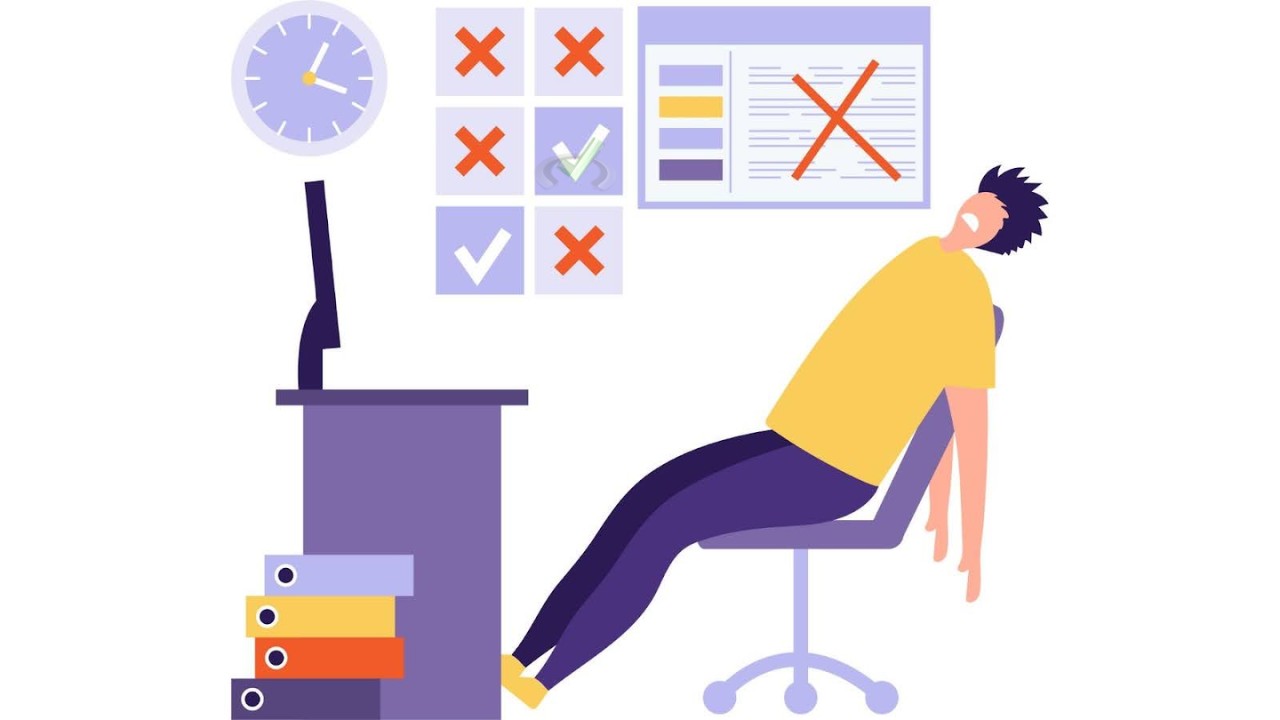
How many times can you fail the NCLEX? The short answer: more times than you probably think. The long answer? It depends on where you live, how you prepare, and how determined you are to pass.
Plenty of future nurses fail the NCLEX on their first try. Some fail two or three times. Some fail even more. But failure doesn’t mean you’re not meant to be a nurse—it just means you need a better strategy.
The NCLEX doesn’t test how much you know. It tests how well you can think like a nurse. This is why some of the smartest nursing students fail while others who struggled in school pass on their first attempt. The test isn’t about memorization—it’s about critical thinking, clinical judgment, and decision-making.
Let’s get into the details: how many times you can fail the NCLEX, what happens when you do, and how to turn failure into success.
How Many Times Can You Fail the NCLEX? The Official Answer
Failing the NCLEX doesn’t mean you’re out of chances. You can retake it—but the number of attempts depends on where you live.
NCLEX Retake Rules: How Many Attempts Are Allowed?
The National Council of State Boards of Nursing (NCSBN) allows candidates to take the NCLEX up to 8 times per year, with a mandatory 45-day waiting period between each attempt.
That means you can technically fail the NCLEX 7 times in one year and still try again—as long as your state permits it.State-Specific Limits on NCLEX Retakes
Some states follow the NCSBN’s unlimited retake policy, but others restrict the number of attempts or require additional training after multiple failures.
Here are some examples:
Always check your state board of nursing for the most up-to-date information on NCLEX retake policies.

What Happens After You Fail the NCLEX?
Failing the NCLEX doesn’t mean your career is over. It means you need to adjust your approach. Here’s what happens after a failed attempt:
1. You Receive Your Candidate Performance Report (CPR)
The Candidate Performance Report (CPR) breaks down your performance in different categories. This isn’t just a score report—it’s a study roadmap.
It categorizes your performance as:
Your CPR tells you exactly where you need to focus before your next attempt.
2. The 45-Day Waiting Period
The 45-day waiting period applies to all test-takers. Some states add extra requirements if you fail multiple times.
Use this time strategically. If you failed because of weak content knowledge, bad test-taking skills, or anxiety, this is your chance to fix it.3. State Requirements for Repeat Test-Takers
Some states require:
If you fail multiple times, check your state board’s requirements to avoid delays in retaking the test.
Why Do People Fail the NCLEX?
Failing doesn’t mean you’re not capable of being a nurse. It usually means something in your test-taking strategy isn’t working.
Common Reasons for NCLEX Failure
If you’re preparing for your NCLEX retake (or want to make sure you pass the first time), our NCLEX Daily Dose Emails are exactly what you need. Get expert test-taking strategies, practice questions, and study tips sent straight to your inbox every day. Subscribe and stay ahead!
How to Pass the NCLEX After Failing
If you fail the NCLEX, change your strategy. A new approach can make all the difference.
1. Use Your Candidate Performance Report (CPR)
Your CPR tells you exactly where you struggled. Focus on weak areas before retaking the exam.
2. Change Your Study Approach
If your last study method didn’t work, try something new:
3. Master NCLEX Test-Taking Strategies
4. Control Test Anxiety

Can You Still Be a Nurse After Failing the NCLEX?
Absolutely. Failing the NCLEX doesn’t mean you’re not meant to be a nurse. It means you need to adjust your study plan and try again.
If you’ve failed multiple times:
How to Avoid Failing the NCLEX in the First Place
Failing the NCLEX-RN or NCLEX-PN doesn’t have to be part of your journey. The best way to avoid multiple retakes is to prepare the right way from the start. Many test-takers struggle because they study the wrong way, focus too much on memorization, or don’t practice NCLEX-style questions.
1. Understand How Many Times You Can Fail the NCLEX in Your State
Before scheduling your exam, know the rules in your state. Some states allow unlimited attempts, while others limit retakes or require extra steps after multiple failures.
Understanding how many times you can fail the NCLEX can help reduce stress. If you know your options, you can focus on passing instead of worrying about failure.
2. Don’t Rely Only on Memorization
The NCLEX doesn’t just test what you know—it tests how you apply knowledge. Relying on memorization alone sets you up for failure.
3. Stick to a Study Plan That Works for You
A solid study plan makes the difference between passing and failing. If your study sessions feel disorganized, you might waste time on the wrong topics.
A good study plan prepares you for success so you don’t have to worry about how many times you can fail the NCLEX.
How to Pass the NCLEX on Your Last Allowed Attempt
Some test-takers reach their final allowed attempt before passing. If your state has a limit on NCLEX-RN or NCLEX-PN retakes, your last chance matters more than ever.
1. Treat It Like a Fresh Start
If you’ve failed multiple times, change everything about your approach. Doing the same thing over and over won’t lead to different results.
2. Get a Personalized Study Plan Based on Your CPR
Your Candidate Performance Report (CPR) shows where you struggle the most. On your last attempt, target those weak areas aggressively.
3. Improve Test-Taking Skills and Time Management
Many test-takers fail not because they don’t know the content, but because they run out of time or get stuck on tricky questions.
4. Keep Your Mindset Positive
Your mindset affects your performance. If you go into the exam feeling defeated, you’re more likely to panic under pressure.
Even if you’re on your last allowed attempt, you still have a chance. Preparing with the right mindset and strategy can help you turn failure into success.

Final Thoughts on How Many Times Can You Fail the NCLEX
How many times can you fail the NCLEX? As many times as your state allows. Most states follow the NCSBN’s rule of unlimited retakes with a 45-day waiting period, while others limit attempts or require extra training after multiple failures.
Failing doesn’t mean you won’t pass. It means you need a better plan. Identify your weak spots, change your approach, and don’t give up. The NCLEX is just a test—your future as a nurse is still waiting for you.